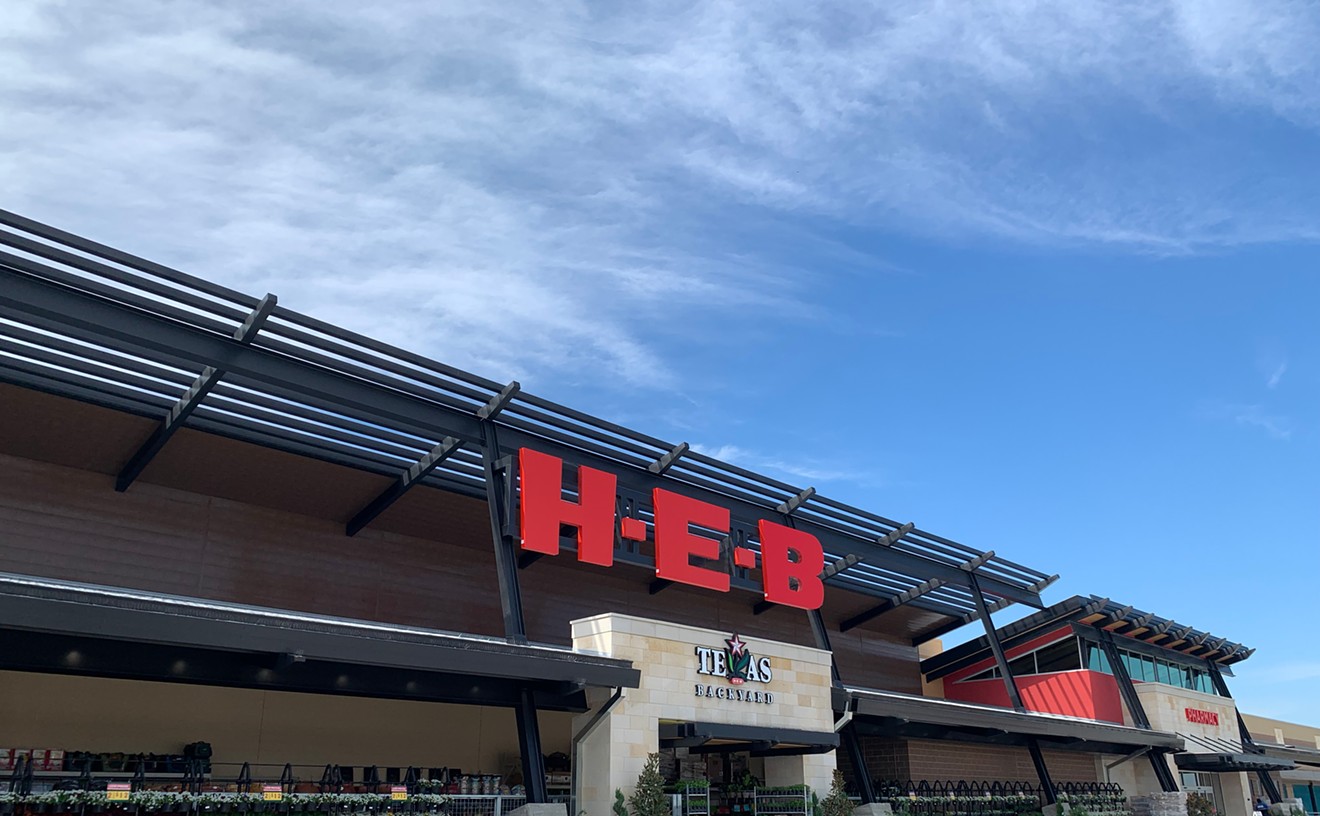If you have an internet connection or eat out at least once a decade, you realize food trends change frequently. On top of that, people in the U.S. care about what they’re consuming in terms of quality and health more now than at possibly any point in history. It’s easy to see why juggling these trends and dietary restrictions and/or preferences can be difficult for the people operating restaurants and cafes.
Dairy alternatives saw their humble beginnings as unique offerings in hip cafes geared toward a niche audience. They gained popularity fast as eating trends in general moved in a healthier direction. Soon soy milk could be found at essentially any cafe. Then almond milk. Now many cafes offer vast menageries of dairy-free nut juices and plant tinctures. This is for good reason too, as a 2016 Mintel report shows that in the U.S. in 2015, dairy milk sales dropped 7 percent, while sales of dairy-free alternatives increased 9 percent.
It’s especially interesting the passion many consumers feel toward these products — whether dietary necessities or not — when considering the fact that coffee, in itself, is already dairy-free (as well as vegan, gluten-free, soy-free, fat-free, calorie-free). One thing is clear, however: Dairy alternatives have worked their way into the cultural fabric of modern cafes.
“On a daily basis, we accommodate a wide range of guests with varied dietary restrictions,” says Sean Henry, owner/founder of Houndstooth Coffee and Tweed Coffee Roasters.
Houndstooth uses Califia almond milk and Pacific’s Barista Series, a series of dairy-free milk alternatives that are fortified with proteins to make them steam more like dairy milks. With greater varieties of dairy alternatives hitting the market all the time, however, don’t expect to see this roster increase much at Houndstooth.
“Our limited menu allows us to keep a limit to our tailored offerings,” Henry says.
Cultivar Coffee shares a similar philosophy. “Dairy just doesn’t sit well with everyone, so it’s important to not only offer an alternative, but one that adds to the coffee experience,” says Jonathan Meadows, who owns Cultivar Coffee along with his business partner Nathan Shelton.
At Cultivar, they use soy milk from Pacific’s Barista Series; however, they went another route with the almond milk, opting to make it in-house after unsuccessful attempts to find a brand that met their standards.
“Back in the day, soy was our only alternative milk option, but more and more customers started asking for almond milk,” says Meadows. “We bought about six different boxed almond milk brands and taste tested them side-by-side, with and without our coffee. We honestly hated all of them. We just couldn’t get a fat and sugar content high enough to steam a decent cappuccino, and the mouthfeel was just watery. We also make our own syrups and sauces in-house, so making our own almond milk just seemed to fit our culture.”
In-house talent enabled the crew to develop a product they were pleased with. “Fortunately, one of our managers, Jared Hamilton, is also a food genius,” brags Meadows. “[He] locked down a recipe we could all agree was far superior to any of the pre-made almond milk we had tried. Having control over the ratio of almonds to water and the amount of coconut sugar we add to achieve just the right sweetness lets us tailor the almond milk to play perfectly with our coffee.”
For some companies, the decision to offer dairy alternatives is an integral part of the brand’s DNA. This is the case at Local Press + Brew in Oak Cliff.
“As an organic and raw juice bar plus craft coffee bar, we attract guests that are vegan and searching for dairy-free options, and people that are lactose intolerant,” says Ben Johnson, who founded the business along with his wife, Tiffany. “We offer housemade almond milk, cacao milk and coconut milk, alongside our normal dairy option which is pasture-raised and local milk from Mil King.”
The couple decided to keep production of their dairy alternatives in-house for reasons of not just flavor, but of nutrition. “We believe in providing the very best and most nutrient-dense foods and beverages,” Johnson says. “Our almond milk is made with three ingredients: raw organic almond, raw organic dates and alkaline water.”
Much like at Cultivar, finding the right nondairy milks was a long process at Local Press. “We spent a lot of time adjusting our recipes,” Johnson says. “We wanted to have an almond milk that wasn’t too sweet and steamed like whole dairy milk.”
The housemade products at both Cultivar and Local Press + Brew are actually more expensive to make in-house than to purchase through a distributor, but that doesn’t deter these cafes.
“It is less cost effective to make in-house,” Johnson admits. “We don’t make a profit with our dairy alternative; it’s a labor of love, and we simply want to provide the best healthy option for our community.”
Both agree that once their guests taste the product, the price point is moot. “We do have to charge a little bit more than the average alternative milk up-charge,” Meadows says. “However, once you taste it, you get it, and the price doesn’t seem to be an issue anymore.”
On the other side of the coin, there are the rare cafes whose menus do not include dairy-alternative milks. Ask for a dairy-free option at Davis Street Espresso, for example, and you will likely be gently directed toward an espresso, cold brew or a cup of coffee.
“The philosophy of our cafe is to move in the direction of returning things to what we believe is their original or best form,” says Shannon Neffendorf, founder of Davis Street Espresso and Oak Cliff Coffee Roasters. “It’s not a strict rule, but a direction that we strive to take our coffee and our cafe.”
The crew at Davis Street went through much of the same R&D process as anyone else and found dairy-free milks lacking. It’s not about coffee dogma, though — a dairy alternative making its way into the cafe isn’t outside of the realm of possibility.
“We have tasted every kind of nut juice under the sun: almond, hemp, coconut, homemade cold-pressed pecan ... and we’re always trying more, so, yes, we are open to the idea,” Neffendorf says. “It would have to meet our standards not just in taste and how it works with espresso and coffee, but a strict standard on the quality of ingredients that make up the product.”
Whether these cafes are offering dairy alternatives or not, these decisions are not made lightly. Someone running into a cafe for a quick almond milk latte on their way to work in the morning likely has no idea the hours of thought and research that went into deciding what product ended up in their cup, or the hours of soaking, blending, straining and tasting that went into crafting the perfect recipe. In this case, these are products that are only ordered by a small percentage of the clientele of most cafes, and these folks are still devoting great time and effort into making sure they are perfect, lactose or no.
[
{
"name": "Air - MediumRectangle - Inline Content - Mobile Display Size",
"component": "18855504",
"insertPoint": "2",
"requiredCountToDisplay": "2"
},{
"name": "Editor Picks",
"component": "17105533",
"insertPoint": "4",
"requiredCountToDisplay": "1"
},{
"name": "Inline Links",
"component": "18349797",
"insertPoint": "8th",
"startingPoint": 8,
"requiredCountToDisplay": "7",
"maxInsertions": 25
},{
"name": "Air - MediumRectangle - Combo - Inline Content",
"component": "17105532",
"insertPoint": "8th",
"startingPoint": 8,
"requiredCountToDisplay": "7",
"maxInsertions": 25
},{
"name": "Inline Links",
"component": "18349797",
"insertPoint": "8th",
"startingPoint": 12,
"requiredCountToDisplay": "11",
"maxInsertions": 25
},{
"name": "Air - Leaderboard Tower - Combo - Inline Content",
"component": "17105535",
"insertPoint": "8th",
"startingPoint": 12,
"requiredCountToDisplay": "11",
"maxInsertions": 25
}
]











